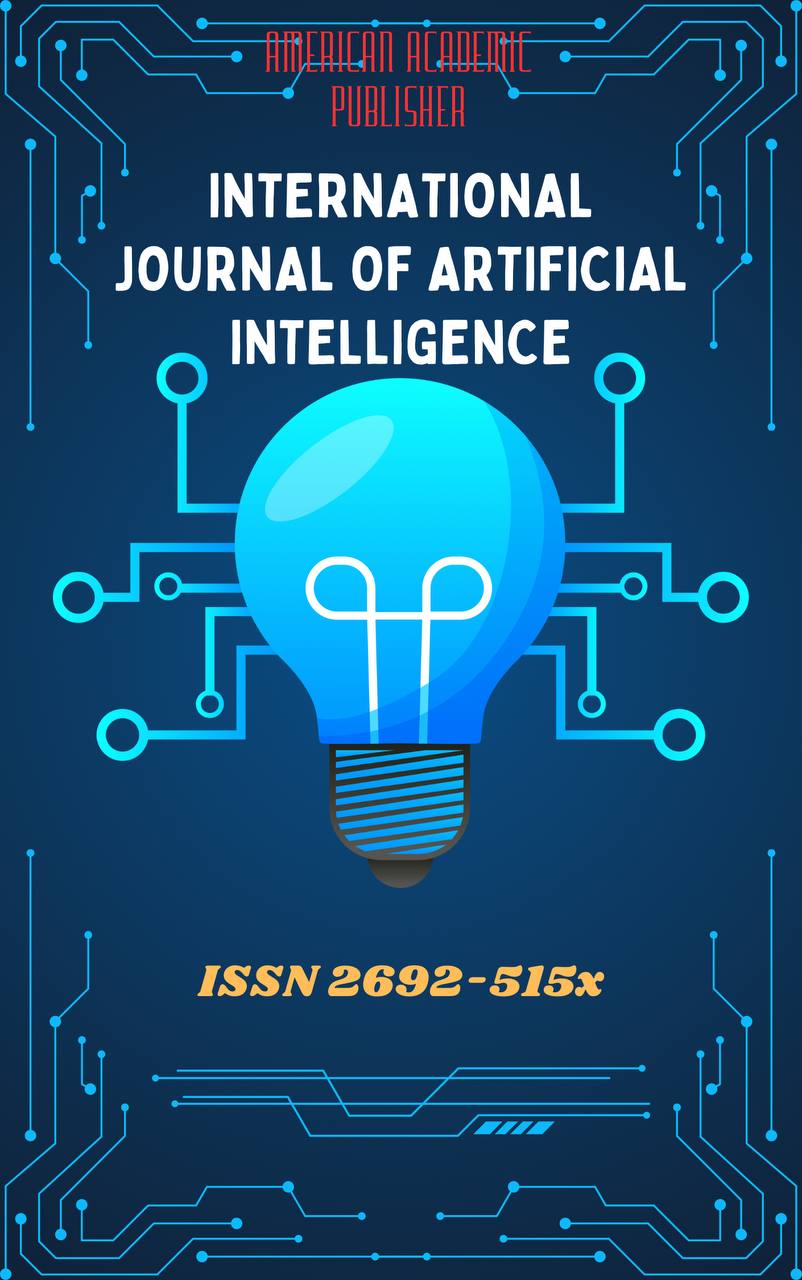 Articles
| Open Access |
Articles
| Open Access | INTEGRATIVE DEVELOPMENT OF 21ST-CENTURY SKILLS THROUGH THE STEAM APPROACH
Jumayeva Mukarrama Bekzod qizi , Master’s Student, Gulistan State Pedagogical InstituteAbstract
The 21st-century learning paradigm requires an education system that not only transmits knowledge but also fosters creativity, critical thinking, collaboration, and problem-solving skills. The STEAM approach—Science, Technology, Engineering, Arts, and Mathematics—provides a transdisciplinary framework that supports the integrative development of these skills. This article explores the theoretical foundations, practical applications, and pedagogical benefits of STEAM-based education for nurturing essential competencies in students.
Keywords
STEAM education, 21st-century skills, critical thinking, creativity, integration, interdisciplinary learning
References
Beers, S. Z. (2011). 21st Century Skills: Preparing Students for THEIR Future. National Education Association.
Yakman, G. (2008). STEAM Education: An Overview of Creating a Model of Integrative Education. In Pupils Attitudes Towards Technology.
Dewey, J. (1938). Experience and Education. New York: Macmillan.
Vygotsky, L. S. (1978). Mind in Society: The Development of Higher Psychological Processes. Harvard University Press.
Trilling, B., & Fadel, C. (2009). 21st Century Skills: Learning for Life in Our Times. Wiley.
Article Statistics
Downloads
Copyright License

This work is licensed under a Creative Commons Attribution 4.0 International License.

